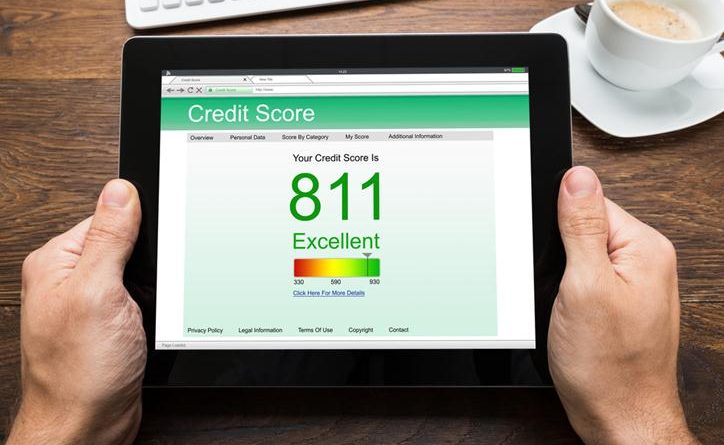Consumers should get a copy of their credit report and review it periodically. A good rule is once every four months. One should read the report and notice activity it describes. One should look at it carefully to ensure that it is accurate. Businesses and employers use Credit reports when making decisions for credit and employment. Credit reports determine the costs of certain things such as interest rates on loans and credit cards and insurance rates.
Everyone should review a credit report at least once per year, and each four months would be an excellent rule of thumb because there are three main credit-reporting services in the United States, one can have a free report every four months. The idea of spreading out the reports will protect against errors since each reporting agency maintains a credit file.
The Fair Credit Reporting Act of 1970 requires each of the three national credit-reporting companies to provide each consumer a copy, at no charge, of their credit report. The companies are Equifax, Experian, and TransUnion, and they have a duty to provide a free copy of a credit report once every 12 months. In order to maximize efficiency and minimize delay, the three nationwide credit-reporting companies combined to use a single national website, mailing address, and toll free calling location through which consumers can order a free annual copy.
One can order each company’s report or spread out the requests over the course of the year. Consumers can order online by visiting annualcreditreport.com. One can order by phone by calling 1-877-322-8228. Consumers can order by mail through the Annual Credit Report Request Form. Consumers should complete the form and mail it to the Annual Credit Report Request Service, P.O. Box 105281, Atlanta, GA 30348-5281. Consumers can order all three reports at one time, or order one at a time every four months to give more coverage. The Fair Credit Reporting Act provides for one free copy per year from each reporting service.
There are many reasons to order credit reports; however, the main benefit is to correct erroneous information. One should read the report carefully and see if the information were up-to-date and correct. If there are inaccuracies or matters with which one disagrees, one can file a dispute and demand to have the information corrected. The process of filing a dispute can be time consuming but it is worthwhile. Inaccurate information can cause rejections for credit or jobs that should not occur. One must follow up after corrections with one reporting agency to ensure that the other reports are free of error or corrected.
Consumers can demand a free copy of a credit report when a company makes an adverse decision, such as denying an application for credit, insurance, or employment. One must request a report within 60 days of receiving notice of the adverse action. Unemployed consumers or those on welfare can get a free report if they plan to go to work within 60 days. Further, one can get a no-cost report to correct inaccuracies due to fraud and identity theft.
Featured Image: depositphoto/AndreyPopov




